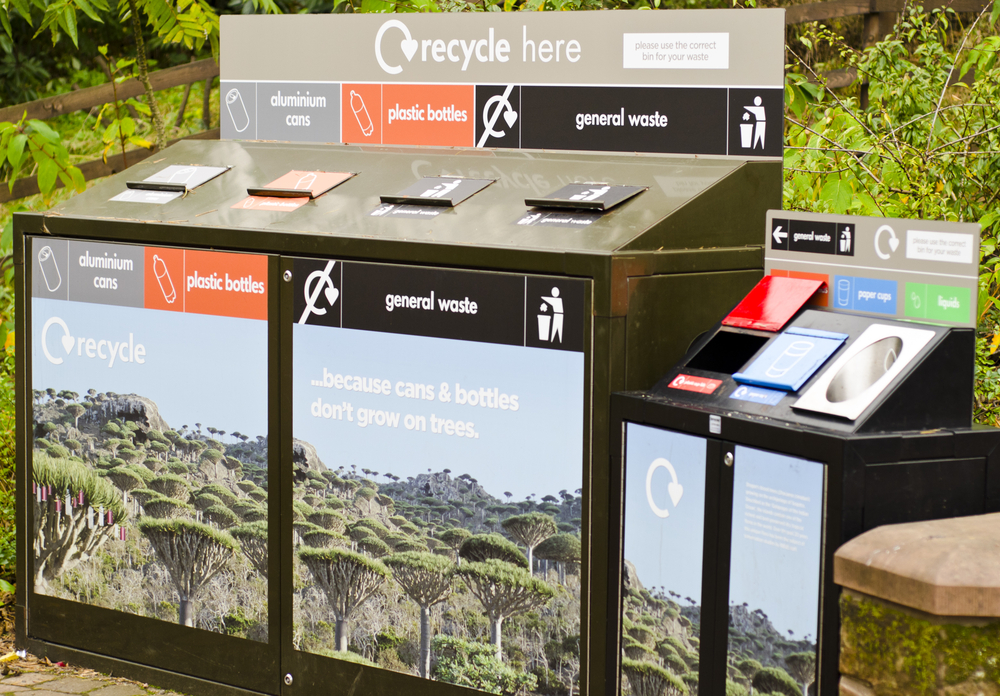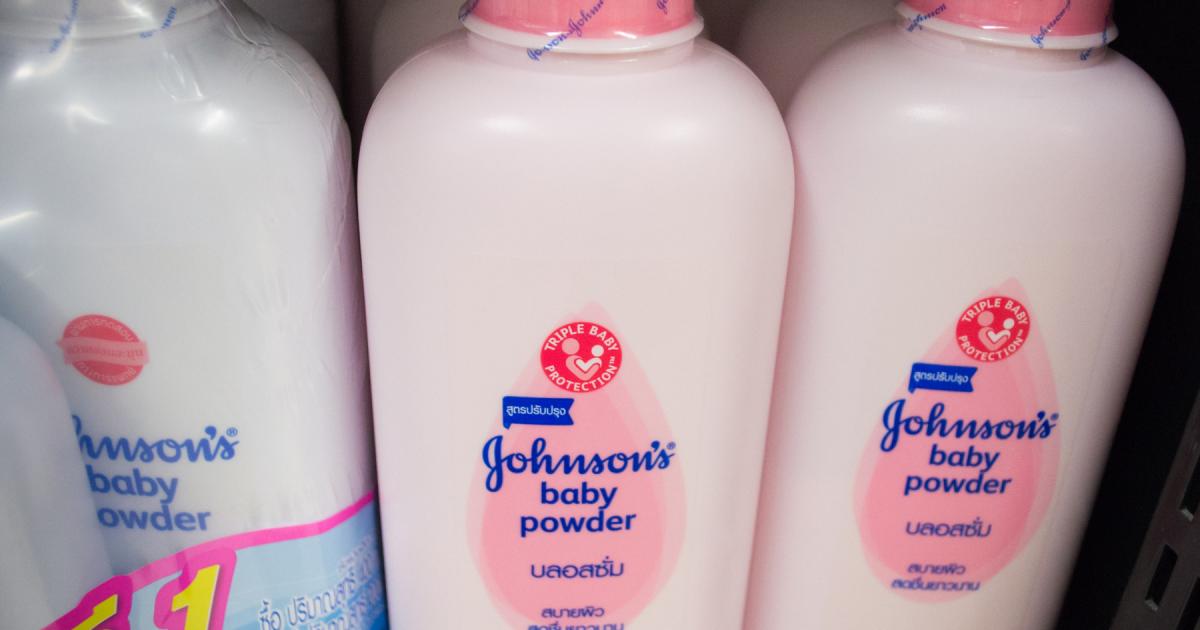The UK Government is funnelling more than £1 billion into local recycling services, with the aim of improving critical infrastructure and collections.
Circular Economy Minister Mary Creagh announced the plans on Saturday, stating that the reforms will fund improved local recycling collections and reduce costs for taxpayers.
Under an outdated regime, the bill for disposing of items such as milk bottles, cereal boxes, and soup tins is currently covered by local councils, with taxpayers footing the bill.
Delivering on the government’s Plan for Change, the investment will unlock regional growth, create new green jobs nationwide, and boost household recycling rates, which have for years failed to show significant improvement.
Revolutionising packaging waste management
Through the new Extended Producer Responsibility for Packaging scheme, businesses that produce packaging will pay their fair share of the costs associated with recycling.
Creagh said: “Under the Plan for Change, we are pumping more than £1bn into local recycling services.
“This will revolutionise how we deal with our waste and ensure more of today’s rubbish is recycled into tomorrow’s packaging.”
The scheme works by charging fees to the businesses that use packaging to meet the costs of collecting and recycling it. The costs will be higher for hard-to-recycle materials and lower where packaging can be reused or refilled.
This will encourage businesses to reduce the amount of packaging they use, shift to more recyclable materials, and design new products that can be recycled and reused more easily, thereby preventing waste from being sent to the nation’s landfills or incinerators.
The Environment Secretary has been clear that all councils must use this funding to deliver improved packaging waste collection services for their communities, with PackUK empowered to reduce future allocations if evidence shows that funding has been used for other purposes.
Improving local recycling services for residents
For the coming year, councils in England will receive £1.1bn to improve recycling services for residents. This could be spent on offering local residents more streamlined recycling collections, which can ensure more household waste is recycled.
The funds can also be used to build new infrastructure or cover the costs of upgrading facilities where councils send household waste.
This includes Veolia’s Integrated Waste Management Facility in Southwark, which handles and processes materials collected from homes and then sends them to be turned into new products.
“We look forward to supporting our local authority partners to invest in the essential services they provide to collect and recycle more materials, as well as supporting brands and producers to not only design for recyclability, but also include recycled content in their products,” commented Gavin Graveson, CEO of Veolia UK.
Cleaning up the UK one step at a time
The Extended Producer Responsibility for Packaging scheme is a crucial part of the government’s packaging reforms, which industry estimates will support 25,000 new jobs and underpin £10bn of investment in new sorting and processing facilities over the next decade.
Alongside Extended Producer Responsibility for Packaging, the government is introducing a Deposit Return Scheme in 2027. This will provide a financial incentive to return empty drinks containers to a collection point, such as at their local supermarket, so that bottles or cans will be recycled.
A sensible and pragmatic approach to collecting materials from households and workplaces is also being introduced. Simpler Recycling for workplaces went live in March 2025 and launches for households in March 2026. It will boost local recycling rates and reduce the amount of waste sent to landfill.
The action to clean up Britain doesn’t end there – with the Circular Economy Taskforce working with sectors to create a series of specific roadmaps to improve and reform the approach to using materials, underpinned by a Circular Economy Strategy which will be published in autumn.


